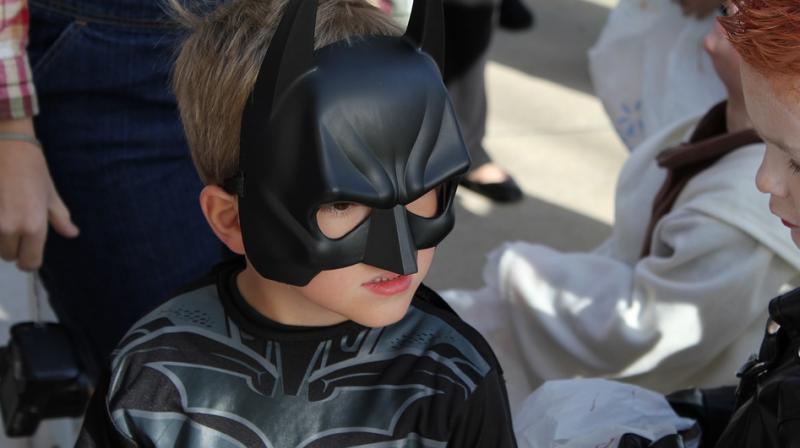Superhero culture may magnify aggressive behaviours: study

Washington: Contrary to the popular perception, exposure to superhero culture may actually magnify aggressive and not defending behaviours in children, a new study suggests.
Researchers from Brigham Young University in the US studied what it was that preschool-aged boys and girls took away from exposure to superhero culture.
"So many preschoolers are into superheroes and so many parents think that the superhero culture will help their kids defend others and be nicer to their peers," Professor Sarah MCoyne said.
"But our study shows the exact opposite. Kids pick up on the aggressive themes and not the defending ones," said Coyne. Coyne found that children who frequently engage with superhero culture are more likely to be physically and
relationally aggressive one year later. She even found the children were not more likely to be defenders of kids being picked on by bullies and were not more
likely to be prosocial.
The findings do not suggest that parents need to totally disengage their children from superheroes, researchers said. "Have your kids involved in all sorts of activities, and just have superheroes be one of many, many things that they
like to do and engage with," Coyne said. Parents should not be afraid to point out the positives as well as the negatives of the media their children are consuming, she said.
Coyne theorises that a reason why children may grasp on to the violent behaviour and not the prosocial behaviour of superheroes is in part because of the complexity of the superhero media. The vast majority of superhero programmes are not created for preschool children, even though the current study found that many preschoolers still regularly watched superhero media.
These programmes contain complex storylines that interweave violence and prosocial behaviour, and preschoolers do not have the cognitive capability to pick out the wider moral message that is often portrayed. Coyne also states that there is likely some additional desensitisation associated with consuming violent media. Reduction in cognitive and emotional responses has been shown to be associated with media violence exposure.
That reduction of response to the victims of violence on the TV screen, computer or tablet, could be associated to a lack of empathy for the victims of violence on the playground or at school, researchers said. Participants in the study consisted of 240 children whose parents responded about the level of engagement their children had with superhero culture.
Children were interviewed and asked to identify 10 popular superheroes, their favourite superhero and why they liked that superhero the best. The study was published in the Journal of Abnormal Child Psychology.

